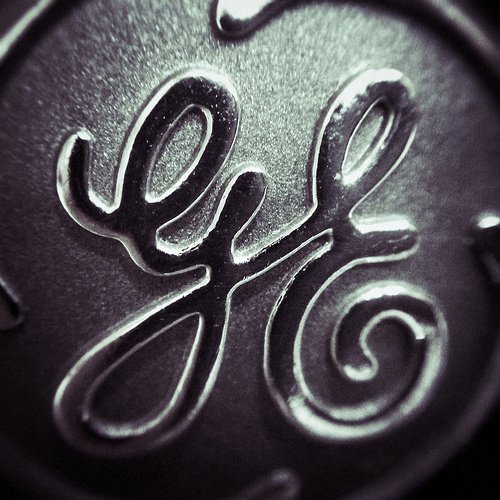Biosimilars to jolt Biacore technology in India
June 07, 2015 | Sunday | Interviews | By BioSpectrum Bureau
Biosimilars to jolt Biacore technology in India
(Photo Courtesy: www.oilandenergydaily.com)
Biacore systems lead the way in analyzing biological interactions, widely studied in the pharmaceuticals and biotechnology space.
"Whenever two biological entities interact with each other, researchers involved in drug discovery and drug characterization are concerned to study how the entities interact with each other, how strong or weak the bond is, how much of one entity is needed to bind with the other, and why the entities bind together," explained Mr Lalith Kishore, GM, research products, GE Healthcare Lifesciences.
Some of the first successes seen in the world of biosimilars were the results of Biacore. "It is an essential component in establishing biosimilarity," said Mr Kishore.
Currently in India, there are 80 active users of Biacore technology. Fifty percent of the users are from the academia and the rest half are in the industry.
According to GE, its Biacore business this year touched $3.5 million, and in the next year it expects it to reach $5 million.
This year GE's Biacore has announced the release of the new Biacore software - BIAevaluation Software version 3.0.
"Any innovator drug can be compared to a biosimilar for a certain amount of kinetic characterization using the Biacore software. This enables early and late comparability. So most of the biosimilar companies are keenly looking at this technology," revealed Mr Kishore.
Significant amount of work has gone in developing the software at GE's R&D center in Bangalore. However, the Biacore instruments are manufactured in Sweden.
GE claims that it is the only company offering complete solution cycle including hardware, software and consumables in this area.
Mr Kishore pointed out that the spur in the biosimilar market will witness a significant growth for Biacore technology in the country.
Experts say that most innovator drugs are developed in and for the US and UK markets. Thus, much demand is expected from biosimilar companies located in the Asian and other emerging markets.
"We have about 50 percent of the market share in India. Globally too, we have significant market share with lesser competition to face," commented Mr Kishore.
In India, the first Biacore instrument was sold in 1997 at the Indian Institute of Science (IISc), which GE claims to be still functional.
"More than genomics or proteomics, a lot is happening in the biosimilars space today. Interactome is the next big thing happening at the moment," he added.
Talking about Biacore instruments pricing, Mr Lalith stated. "There are options not to go for the grandest instruments. There are choices available for companies who are just starting off. A few years ago you needed an investment of Rs 1 crore to start with. Today you can start with a budget of just Rs 50 lakh."
The market for Biacore technology is said to be about $7-8 million, which could double in the next 2-3 years.
According to Mr Lalith, the only decelerator to this business are the regulatory woes. "If the regulatory rules get more stringent then it is going to affect this business. The USFDA has already established that SPR (Surface Plasmon Resonance) technology has to be used for establishing comparability. The Indian regulatory scene is still taking shape. However, in the next couple of years, we can expect changes in the regulatory system," he expressed.
As for Biacore technology, the major growth drivers will come from both vaccines and novel biologics demand.
"We are already working on the next 2 versions of the Biacore instruments. There is competition with other players. We are cognizant of what they are doing," opined Mr Kishore.









